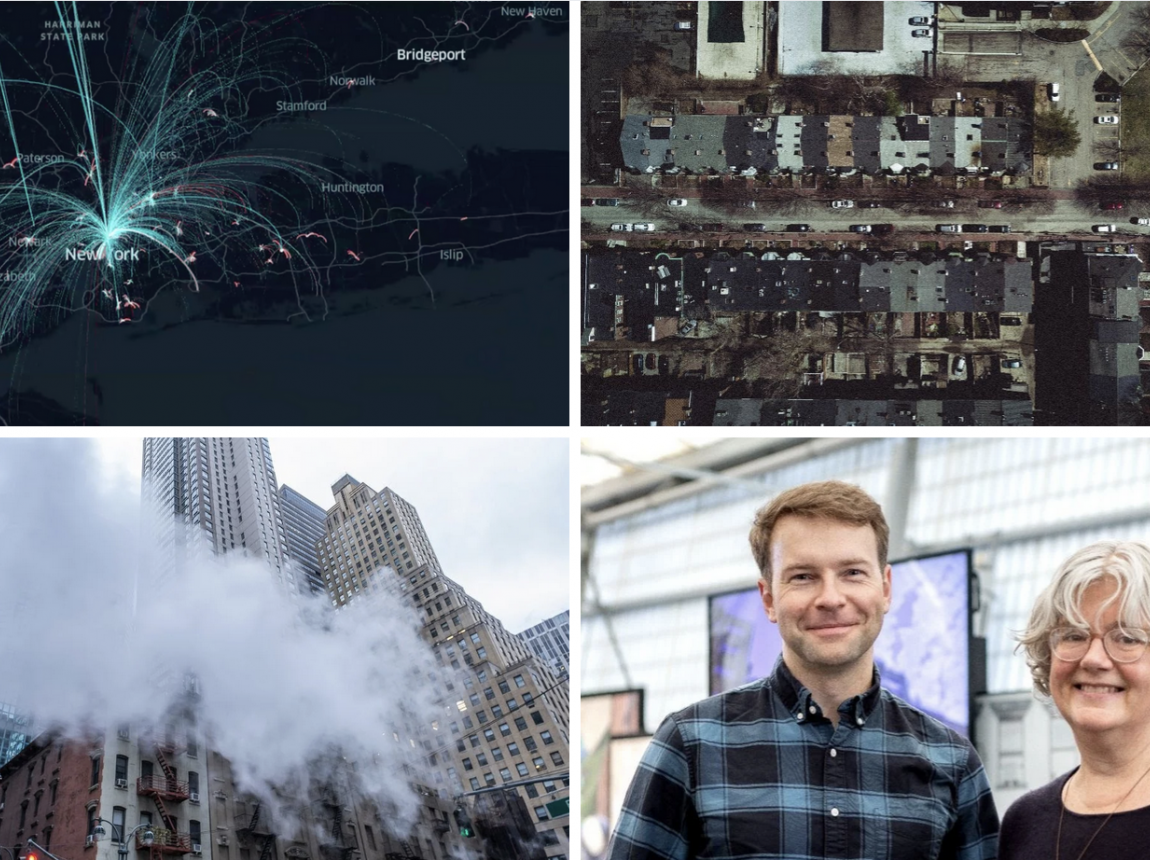Our Work
-

Bias and Fairness in Data-Driven Decision-Making
Our research addresses fairness in urban analytics by identifying sources of data and algorithmic bias, providing tools to city policymakers and planners to understand and visualize the spatial and socioeconomic dependence of identified biases, and ways to address them. We seek to advance the responsible use of machine learning in the public sector through transparent, reproducible, and useable data tools addressing issues of city operations and service delivery, housing, and infrastructure.
-

Urban Mobility Dynamics
Given the increasing density of -- and demand for -- urban space, new methods are needed to quantify rapidly-changing population dynamics and to understand how mobility behavior is impacted by land use, transportation access, and exogenous shocks, such as natural disasters and economic cycles. We are particularly focused on understanding how connectedness and mobility patterns between communities can influence and predict neighborhood change, and whether these inter-connections can be used to develop more robust and timely measures of neighborhood well-being.
-

The Neighborhood Exposome
Through partnerships with community organizations and city agencies, we use observational and participatory data from sensors, resident reporting, and other high-resolution sources to build data-driven models of neighborhood human-environmental interactions with the built environment. Our work supports direct engagement with residents for community-led, data-informed planning processes to reduce air pollution, improve public health, and support more livable neighborhoods.
-

Computational Urban Science
We lead initiatives in both research and education to advance the scientific and pedagogical foundations of the emerging field of urban science and informatics. This work involves the application of large, dynamic spatiotemporal data and machine learning to policy and decision-making in urban management and planning. Our research in this area has addressed persistent policy and operational challenges in cities, including real estate markets and urban development, by integrating computational methods, systems science, and social science to develop new tools, methods, and evidence.
Featured Posts
View all postsLeader: Constantine Kontokosta

Program Director / Civic Analytics
Professor of Urban Science and Planning / NYU Marron Institute






